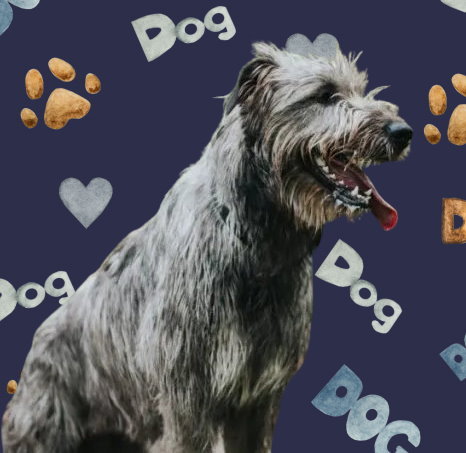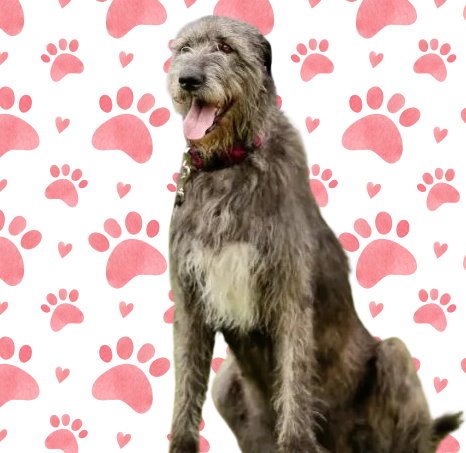Welcome to Dog Training Newbies !
Welcome to Dog Training Newbies !

As Wolfhounds age, their care needs change significantly. These gentle giants, known for their loyalty and grace, require special attention to ensure their later years are comfortable and fulfilling. Understanding how to meet the needs of aging Wolfhounds can enhance their quality of life and maintain their health and happiness.
One of the primary considerations in senior Wolfhound care is diet. As their metabolism slows, older Wolfhounds may become less active, necessitating adjustments in their diet to maintain a healthy weight. Senior dog food formulas are often lower in calories but rich in essential nutrients. Look for foods with added joint supplements like glucosamine and chondroitin to support their joints and alleviate arthritis symptoms, which are common in larger breeds.
Regular veterinary check-ups are crucial for monitoring the health of senior Wolfhounds. These visits allow for early detection of potential health issues such as heart disease, arthritis, or dental problems. Discuss any changes in behavior, appetite, or energy levels with your veterinarian, as these could indicate underlying health concerns. Dental care is particularly important; regular cleanings can prevent dental disease, which can lead to other health complications if not addressed.
Exercise remains vital for senior Wolfhounds, although it should be modified to suit their capabilities. While they may not have the energy levels of their younger days, gentle walks and light playtime help keep them fit and mentally stimulated. Tailor their exercise routine to avoid strenuous activities that could strain their joints or lead to injury. Swimming is an excellent low-impact exercise option that can be both enjoyable and beneficial for their joints.


Mental stimulation is as important as physical activity for aging Wolfhounds. Engage them with puzzle toys, training sessions, and interactive games to keep their minds sharp. Cognitive function can decline with age, so providing mental challenges helps prevent cognitive dysfunction and keeps your dog engaged with their environment. Regular interaction and gentle training can also strengthen the bond between you and your dog.
Comfort is a key consideration in senior care. Older Wolfhounds may experience joint stiffness, so providing a soft, supportive bed can help them rest comfortably. Ensure their resting area is easily accessible and free from drafts. Additionally, consider ramps or steps if your dog has difficulty reaching favorite spots like the couch or bed.
Grooming remains essential for Wolfhounds, even in their senior years. Regular brushing prevents matting and keeps their coat healthy. Pay attention to any changes in their skin or coat condition, as these might indicate health issues. Older dogs might also need assistance with ear cleaning and nail trimming, as they become less active.
Monitoring your senior Wolfhound's behavior and habits is crucial. Be alert to signs of discomfort or pain, such as limping, reluctance to move, or changes in appetite. Increased drinking or urination may signal kidney issues or diabetes, which require prompt veterinary attention.
Social interaction continues to be important for aging Wolfhounds. Maintain their social life by arranging playdates with other gentle dogs or spending quality time with them yourself. These interactions provide mental enrichment and prevent loneliness, which can contribute to anxiety and depression in older dogs.
In conclusion, senior care for Wolfhounds involves a comprehensive approach that addresses their physical, mental, and emotional needs. By adapting their diet, maintaining regular veterinary visits, and providing appropriate exercise and mental stimulation, you can ensure your aging pet enjoys their golden years to the fullest. With love, patience, and attention to their evolving needs, your senior Wolfhound can continue to be a joyful and cherished member of your family.